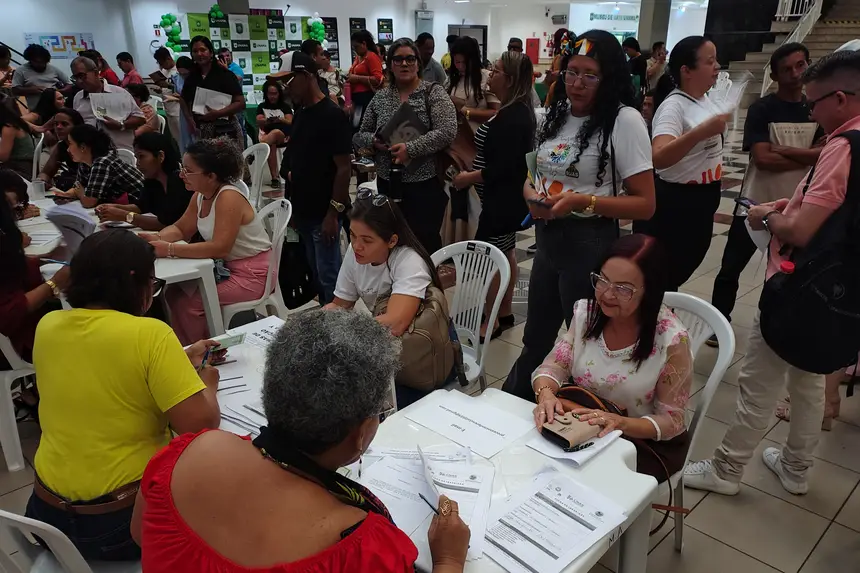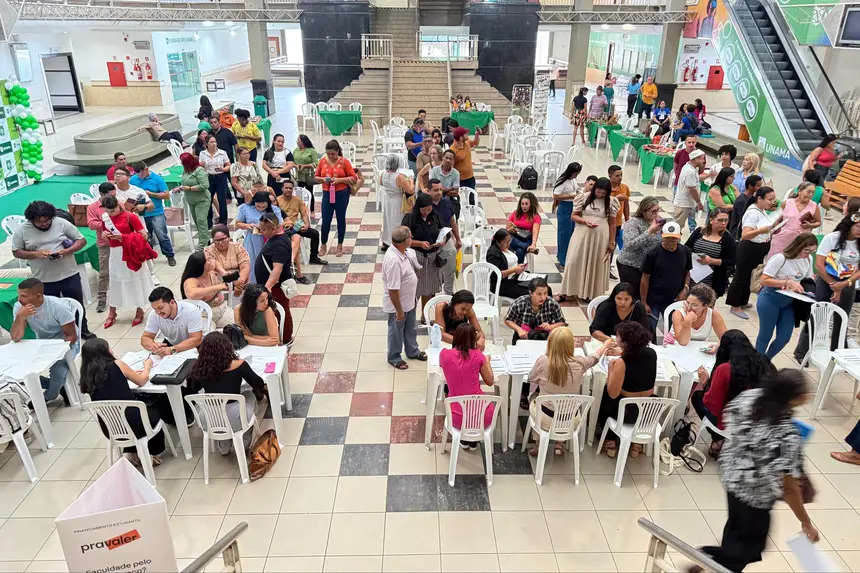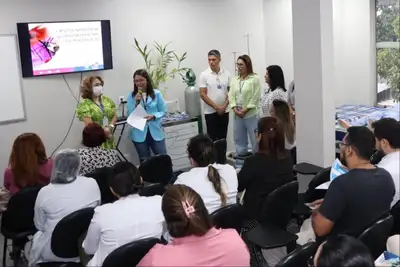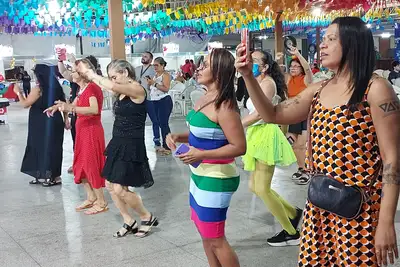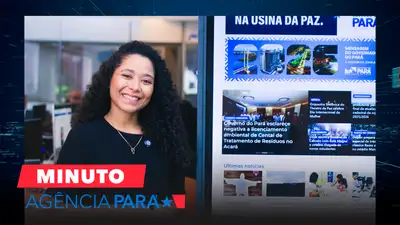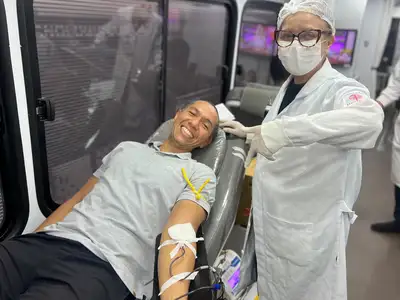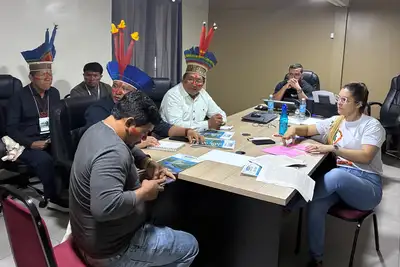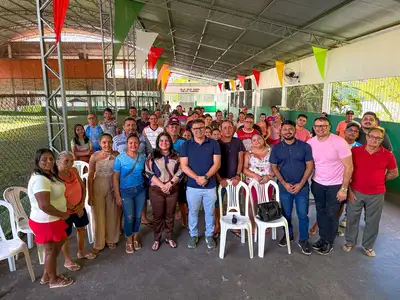Government of Pará promotes inclusive debates at the XIV State Conference on Social Assistance
With the theme "20 years of SUAS: construction, social protection, and resistance", the meeting reaffirmed its role as a fundamental space for democratic participation and collective deliberation on public social assistance policies in Brazil and Pará
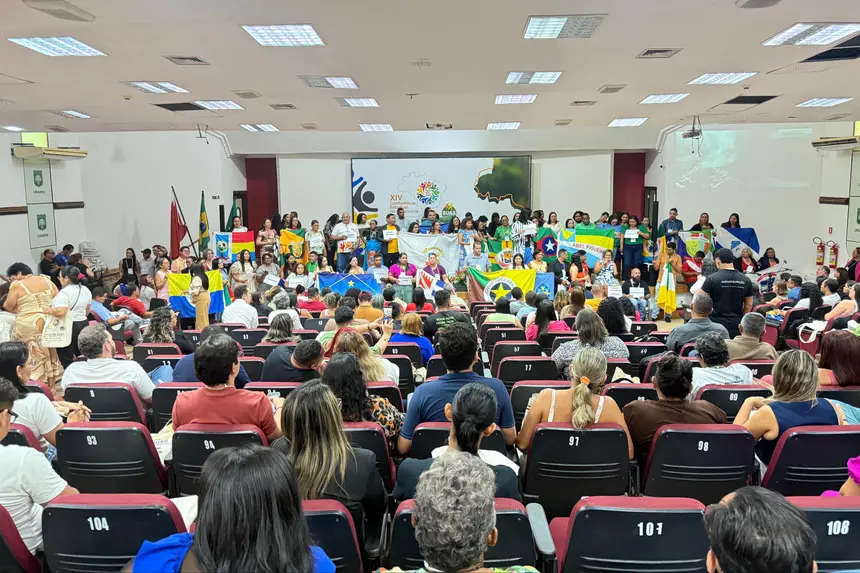
The government of Pará, through the State Secretariat of Social Assistance, Labor, Employment and Income (Seaster), in partnership with the State Council of Social Assistance of Pará (Ceas), held the XIV State Conference on Social Assistance from this Wednesday (24) to Friday (26). The event took place in the auditorium of a private university located on the BR-316 highway in Ananindeua. The meeting was attended by delegates, councilors, workers from the Unified Social Assistance System (Suas), and users of social assistance policy.
With the theme "20 years of SUAS: construction, social protection, and resistance", the conference reaffirmed its role as a fundamental space for democratic participation and collective deliberation on public social assistance policies in Brazil and, specifically, in Pará. During the program, participants presented proposals, debated challenges, and pointed out paths for strengthening Suas in Pará.
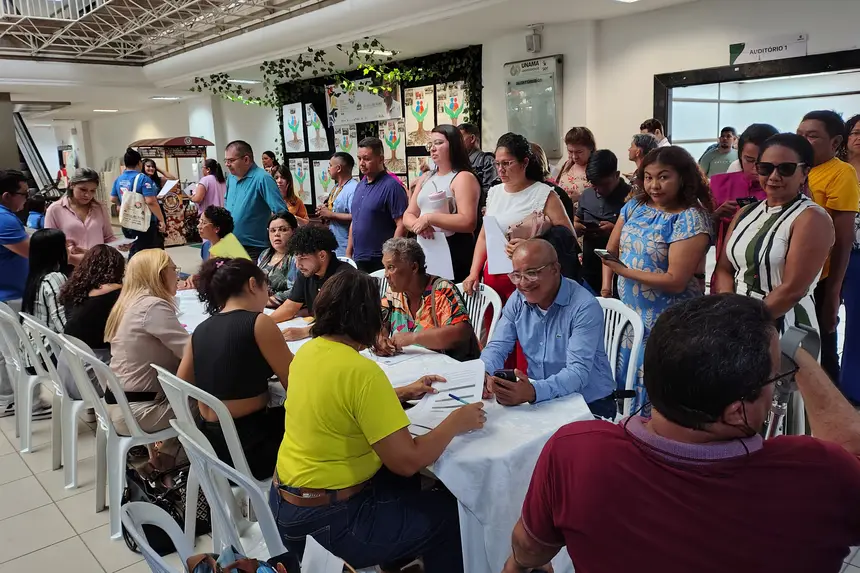
The state conference is a preparatory stage for the National Conference on Social Assistance, which will be held in December of this year in Brasília. It is a strategic moment in which the delegates who will represent Pará at the national level are defined.
"The conference today is the culmination of a whole process that began in January with the municipal conferences and the 12 regional conferences held in different regions of Pará, which built proposals that we will now consolidate at the state level. It is also the stage where delegates for the national conference in December are chosen, where, together with other states, the policy of Suas for the coming years in Brazil will be defined," emphasized Valdo Filho, deputy secretary of Social Assistance at Seaster.
Given the cultural, social, and territorial diversity of Pará, the conference reinforced the importance of listening to the different agendas and issues that arise in each region of the state. This plural listening is essential for formulating effective public policies capable of meeting local specificities and ensuring social inclusion in all municipalities in Pará.
"Suas is a system consolidated in all municipalities in Brazil. The conferences also serve to take stock of how the cities are organized in relation to the system, pointing the way for the next two years. People from all over Pará come to participate in this debate, discussing priorities, evaluating public policies, and defining what the most strategic needs are to be put into practice," emphasized Clara de Sá, director of the Suas Management Department of the Ministry of Social Development and Social Assistance, Family and Fight Against Hunger (MDS).
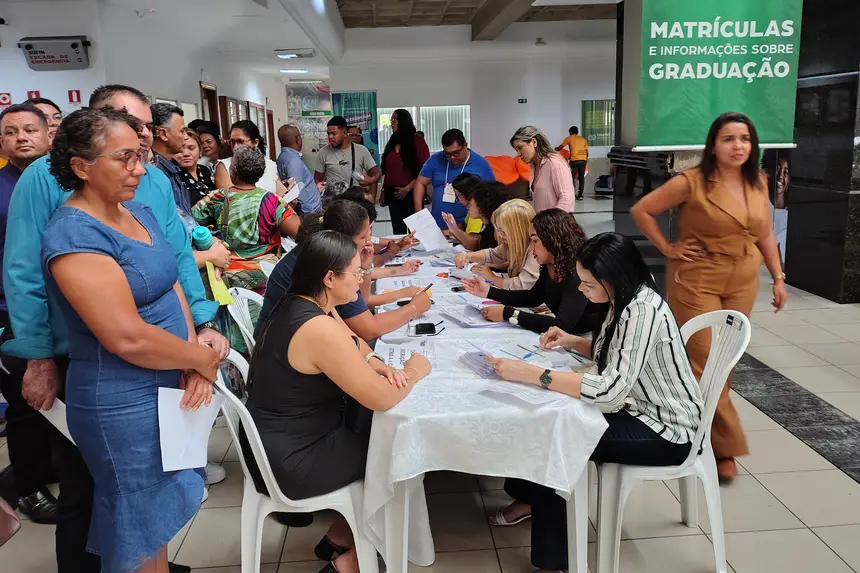
Indigenous participation also marked the conference, reinforcing the need to ensure that public policies address the specificities of indigenous peoples. For Sandro Takwyry, a representative of the Kayapó Mebêngôkre people, the meeting is a fundamental space for the indigenous population at the national level to actively participate in discussions, propose ideas, and ensure that their demands are incorporated into Suas.
"I see the importance of this conference precisely in the issue of inclusion. Today, we can talk about the inclusion of indigenous society. Not only of the Kayapó people and the Mebêngôkre people, but of the entire indigenous population at the national level. Social assistance is something we need to closely monitor; we also have rights, and to advance, it is essential to take this first step: participate in discussions at the grassroots level, at municipal conferences, then regional, state, and finally at the national stage. This way we can debate, propose our ideas, and contribute to their implementation in current public policies, ensuring conditions that meet our specific audience within the territories," stated Sandro Takwyry.
"This is my first time participating in the State Conference. I have attended the regional and municipal stages, and for me, it has been a learning experience. With each conference, I leave with my knowledge enhanced. I hope that public managers will have a new perspective on social assistance because support is needed for this wonderful work to be continuous and reach the population," said Raimunda de Souza, a resident of the municipality of Igarapé-Açu.
At the end of the meeting, the delegates who will represent Pará at the national conference on social assistance were elected, along with the proposals debated in the state for the national scenario.
The XIV State Conference consolidated Pará as a protagonist in strengthening public social assistance policies, reaffirming the commitment of the current administration to citizenship, inclusion, and the guarantee of rights.
*With collaboration from Matheus Gomes - Ascom/Seaster



